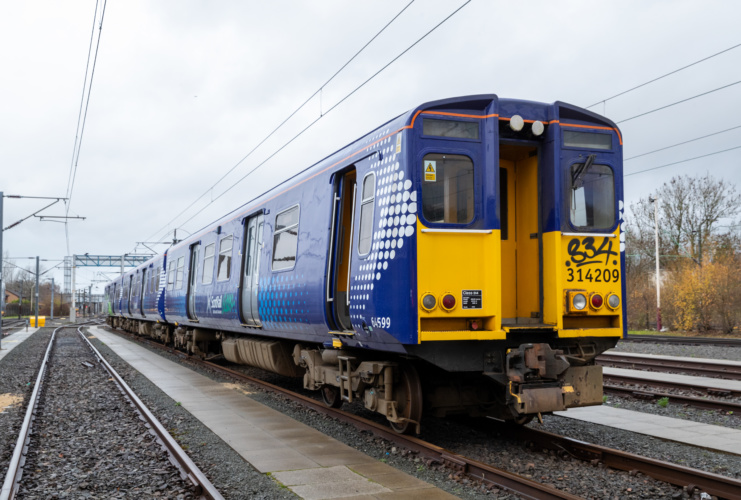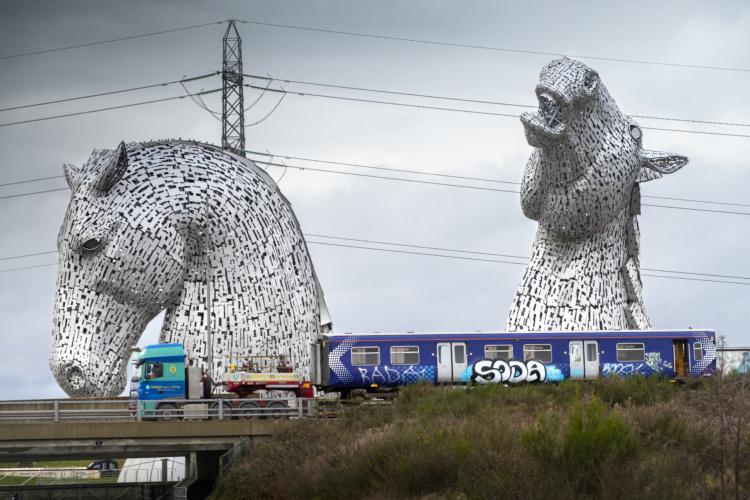
Based at the Bo’ness and Kinneil Railway, the team will convert a former ScotRail Class 314 car passenger train into a fully certified, production-ready hydrogen train. The consortium has been assembled by Scottish Enterprise, Transport Scotland and the University of St Andrew’s Hydrogen Accelerator in an effort to boost the Scottish rail supply chain and advance green technology in the sector.
Green sky thinking: the rise of hydrogen flight
Ofgem backs new hydrogen lab to test grid transmission
Project lead Arcola Energy will develop the hydrogen powertrain – based on its existing A-Drive platform - from its planned new Scottish facility in Dundee. The company will be responsible for all hydrogen fuel cell system engineering, as well as design and integration, and project demonstration.
“Hydrogen traction power offers a safe, reliable and zero-carbon alternative for Scotland’s rail network,” said Dr Ben Todd, CEO of Arcola Energy.
“The hydrogen train project is an excellent opportunity for industry leaders in hydrogen, rail engineering and safety to collaborate with Scottish technology providers to develop a deployment ready solution. We are delighted to be working with Scottish Enterprise, Transport Scotland and the Hydrogen Accelerator, to support Scotland’s strategy to make passenger railways emission free by 2035.”

Alongside Arcola Energy, the consortium also includes engineering consultancy Arup, who will provide specialist rail engineering expertise for technical concepts, high-level design and safety strategy. The company’s Edinburgh office will work with the Hydrogen Accelerator to chart the route to mainline deployment of hydrogen powered trains across Scotland. Abbott Risk Consulting will provide specialist product development compliance and health and safety management, while AEGIS Certification Services will deliver third party safety certification and compliance verification.
“With Scotland’s focus on achieving net zero emissions by 2035 and rail playing a leading role in this, hydrogen offers a safe, reliable and zero carbon alternative to other forms of rail propulsion,” said Clare Lavelle, Scotland Energy business lead at Arup.
“This project is not only a crucial step in helping us understand the practical challenges of using hydrogen traction power on our railways, but an example of the type of investment Scotland needs to take advantage of the opportunity to build a secure, flexible, cost effective and zero carbon energy network.”
Following demonstrations at COP26 in November 2021, the train will serve as a development platform for technology providers and academics, as Scottish Enterprise and the Hydrogen Accelerator explore opportunities for the country’s hydrogen-enabled low carbon strategy.




Glasgow trial explores AR cues for autonomous road safety
They've ploughed into a few vulnerable road users in the past. Making that less likely will make it spectacularly easy to stop the traffic for...